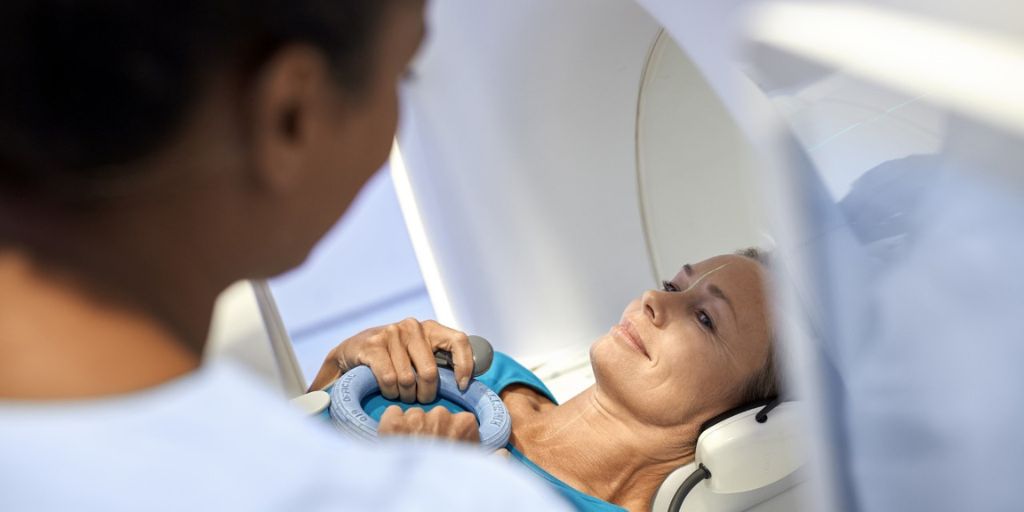
A new report, released today by researchers from Imperial College London, working independently via Imperial Consultants, with Philips UK and Ireland, reveals that newly introduced CDCs need to be prioritised in locations of greatest socioeconomic deprivation and with the highest waiting times, to help improve patient outcomes and tackle the NHS backlog and bring diagnostic services closer to underserved communities.
Following the UK Government’s plansi to create 160 CDCs and deliver an additional 9 million checks, scans, and operations by 2025, the report investigates the role CDCs can play in addressing the major diagnostic challenges facing the NHS and proposes locations for future CDCs to expand access to care for those who need it the most.
Unabating systemic pressure, exacerbated by the Covid-19 pandemic
Data revealed by Imperial’s researchers highlights why a successful CDC rollout is paramount for addressing challenges in the provision of timely diagnostic, cancer and planned services which have been compounded by the pandemic. The report reveals that at the time of writing:
The number of people waiting for diagnostics tests has increased steadily to more than 1.4 million. The proportion of those waiting more than 6 weeks for an MRI or CT scan has risen from 2.2% and 2.3% in November 2019 to 22.8% and 19.4% in November 2021, respectively. This trend has been even more stark for Echocardiography and Gastrointestinal endoscopy, which has shifted from 4.3% and 9% to 41.9% and 35.7% respectively over the same period.
For those with symptoms of cancer, the number of patients seen within two weeks has reduced from 91.3% in November 2019 to 77.4% in November 2021, falling well below the operational cancer waiting times standard of 93%. The proportion of patients seen and treated within two months of referral for cancer has also reduced significantly from over 77.5% in November 2019 to less than 68% in November 2021.
The number of patients referred without fully completing treatment has increased from around 4.41 million per month in November 2021 to approximately 6 million by November 2021. This number has continued to rise throughout 2021 and into 2022 (latest data for February 2022 is 6.18million), corresponding to a reduction in completion of admitted and non-admitted pathways and a return of new referrals to pre-pandemic levels.
The study’s co-author, Dr Jonathan Clarke, Imperial College London, said: “The pandemic has muddied an already challenging picture facing the NHS. CDCs can play an important role in getting the NHS back to pre-pandemic levels of care and beyond, but their rollout must be consistent with their design. CDCs must be established in communities not in overburdened hospitals, and critically, be staffed by a highly trained workforce and have the appropriate equipment. At present, there is not enough capacity in the system and correcting this must be a key focus in the months and years to come.”
Mark Leftwich, Managing Director, Philips UK&I, said: “The introduction of community diagnostics offers a once-in-a-generation opportunity to rethink how we can work with the NHS to build a resilient healthcare system fit for the future, including how and where the NHS delivers timely care to patients. CDCs hold the potential to relieve persistent pressure on acute hospitals and empower GPs and primary care providers to ensure patients can get a swift diagnosis and begin their treatment journeys sooner.
“The research demonstrates the importance of locating CDCs in community-based settings, bringing services closer to people’s homes and in those areas where diagnostic services can’t meet patient demand. Philips stands for improving the health of the nation and tackling healthcare inequalities head on. We are working with HM Government and the NHS to accelerate the roll out of CDCs in regions that need them most so that every patient in the UK needing care can benefit in equal measure.”
Tackling the backlog will require a combination of funding, innovation and cutting-edge technology, while new digital care pathways are critical too. However, if steps are not taken now to focus funding and expansion of diagnostic capacity in those areas that need it the most, the backlog risks being prolonged, further widening healthcare inequalities.












